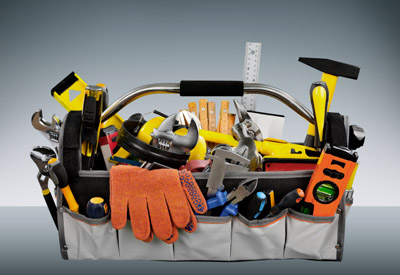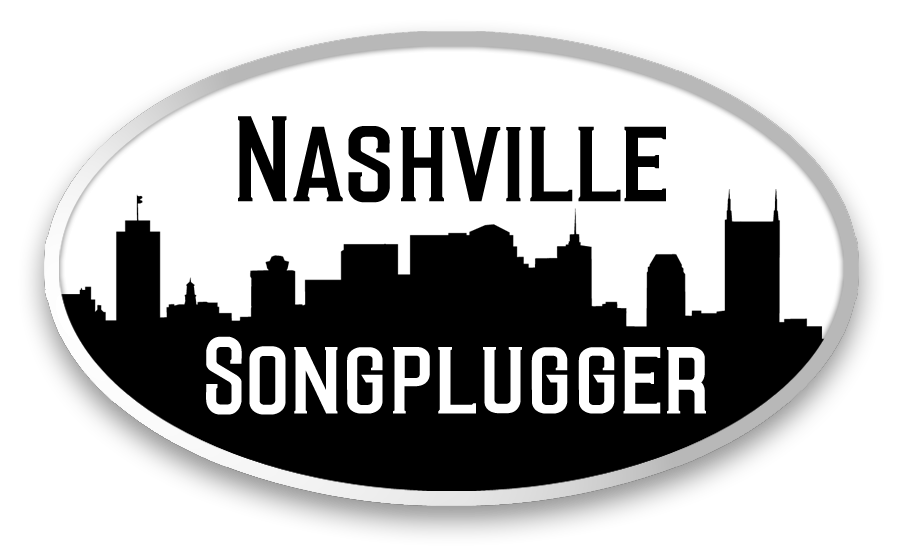6 Tools and Exercises to Enhance Your Lyric Writing

Writing lyrics for country music is particularly challenging due to the constraints you face as a writer. Not only do your lyrics have to fit within syllable parameters, but they also have to rhyme, portray emotion and meaning, avoid clichés and cheesiness, and merge seamlessly with a melody!
To take your lyric writing to a new level, there are several tools in your lyric-writing toolbox that you can use. Each tool will help overcome writer’s block, expand your writing ability, and choose words that mean just as much as the melodies that you write.
1. Rhyming Dictionary
Rhyming in a non-sappy, non-predictable way can be tough, but is critical to creating memorable lyrics. Rhyming dictionaries, either printed or online (like RhymeZone.com) help you find lots of options for creating end rhymes, internal rhymes, slant rhymes, and hard rhymes.
2. Thesaurus
If you spend hours fighting to find that perfect word to portray the appropriate meaning, then a thesaurus will be your best friend. Either printed or online (like Thesaurus.com), you’ll find lots of ways to depict the right emotion, visual, or concept.
3. Reading
Unless you’re in a formal educational program, reading often gets pushed to the back burner. Great writers are usually great readers, so spend time reading daily to see how other great writers illustrate their thoughts in effective ways. Read blogs, articles, books, magazines, and poetry. Over time you’ll start to integrate others’ great writing patterns into your own writing.
4. Writing
Aside from the frequent email or text messages we blast out, most of us go through life without putting much in writing. To reverse this trend, spend time writing on a daily basis. Write blog posts, journal entries, short stories, articles, or poems. Consider giving yourself made-up writing assignments. For example, you could write about memorable experiences in your life or jot down thoughts on a specific topic.
Also, consider free writing for a specific length of time, which takes you well outside of your comfort zone as you write about whatever is going on in the stage of your mind.
It doesn’t matter if anyone reads your writing or not. What matters is that you’re painting your thoughts on a canvas and improving your methods of self-expression.
5. Speaking
Another way to improve your ability to craft words is to speak. Consider keeping an audio journal where you document your life experiences on an ongoing basis. Like freewriting, try freespeaking, where you simply talk about what is on your mind, improves your self-expression ability, even if you aren’t an eloquent speaker.
6. Studying
Lastly, to be a great lyricist, study great lyrics. Use lyric websites like MetroLyrics.com or AZLyrics.com to find the words behind the great songs of the ages. Look at how they structure their lines. Study their rhyming patterns. Study word choice. Find the tone and unique angle that they approach their lyrics from. Then strive and emulate their writing strengths into your own writing.
The beauty and curse of lyric writing is that in one sense there are no hard rules. You can write whatever you want in whatever way you want. But in another sense, you face challenging constraints that make it difficult and at times frustrating. But as you incorporate these tools into your daily routine, you’ll improve as a lyricist over time and ensure that your lyrics complement and don’t hold back your melodies.
